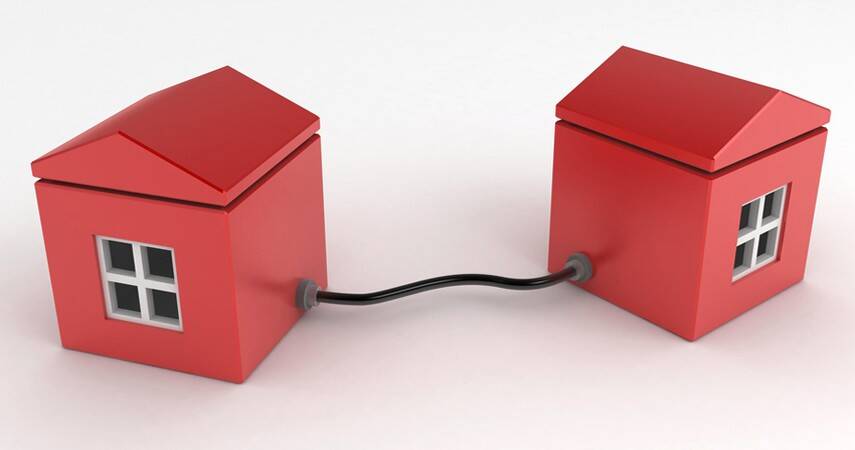People buy the property in the name of more than one people due to various reasons. Foremost reason will be funding for the property while another reason is for a smooth succession of the property.
There are some tax implications for the jointly owned properties which we will discuss below:
Status of a joint owner for tax purpose:
The income tax act has divided the tax entities into various categories. Every person is taxed under the category ‘individual’. But if two or more individuals come together, and jointly own a property or are doing a business together, then they may be taxed under any of the various statuses, like that of a partnership firm which includes LLP. They may be taxed as AOP (association of persons) or BOI (body of individuals).
Section 26of the income tax guidelines gives the clear guidelines for taxation of the shares of such co-owners in a building. The shared income can be in the type of rental income or the capital gains that due to the
sale of the property. It should be duly noted that building owned by HUF is not owned jointly. It will be taxed at the hands of HUF separately and will not be appropriated among the member of HUF.
How is the share of each owner ascertained?
In case of husband and wife sharing the property, it is not always that both of them own the property in equal shares. In most cases, a person is added to the property for the smooth succession. The share of the property is determined by the amount they have contributed towards the property.
The cost can be determined by the ratio of the home loan taken or by the way of down payment. This can be ascertained from the bank statements of the owners. If the person has not contributed monetarily towards the property, then they may not be considered as a co-owner for the tax purpose.
Taxation on the rent for jointly owned property:
If the property is self occupied and jointly owned, then there is no tax liability. If more than one property is jointly owned, then you must choose one property as self occupied and put other on rent. The properties which are let-out must have tax paid on notional rent paid according to the market value.
For the property that is actually rented out, the tax must be paid after the deductions. There is a standard 30 percent deduction along with the deduction on the interest paid for the property.
Taxation on the sale of jointly owned property:
If the property is sold then each owner has to offer capital share as applicable to the share of the property. in case of the long term capital gains of the jointly owned property, whether residential or commercial, the act provides the exemption under Section 54 C.







